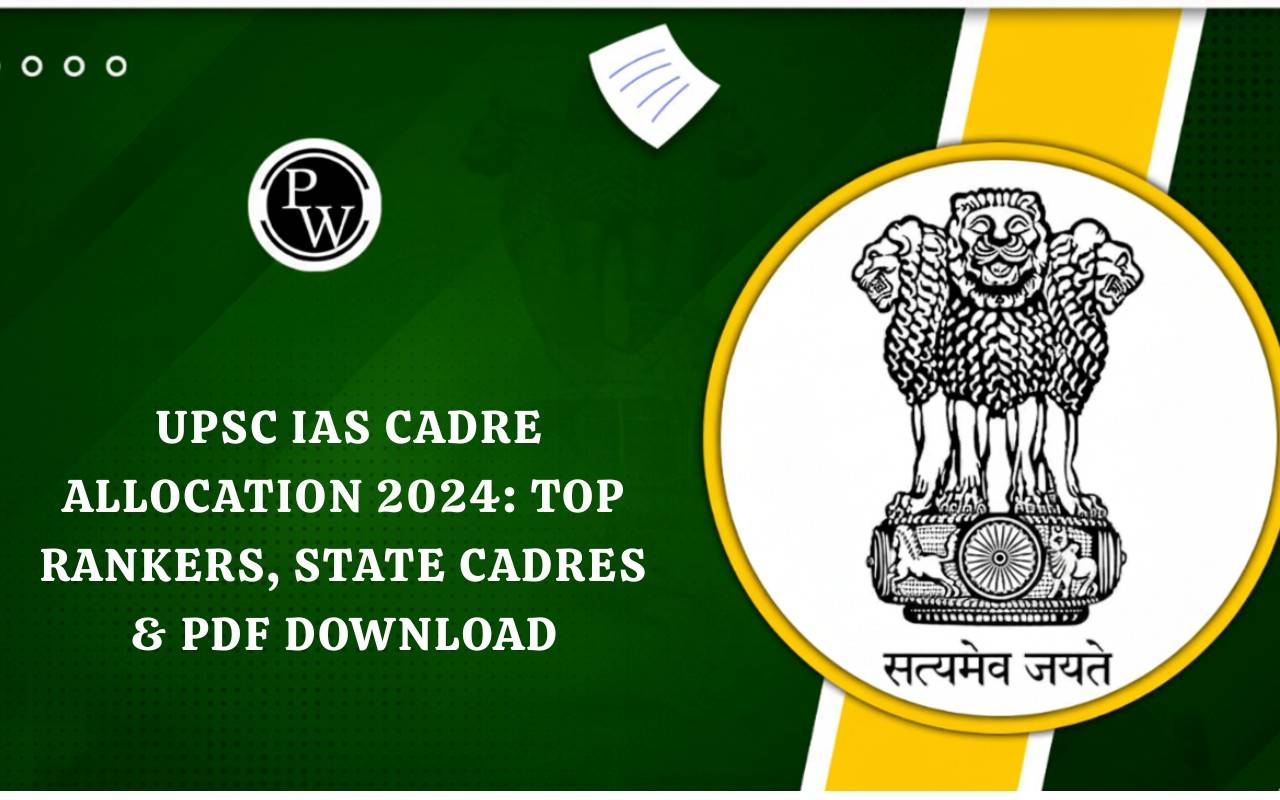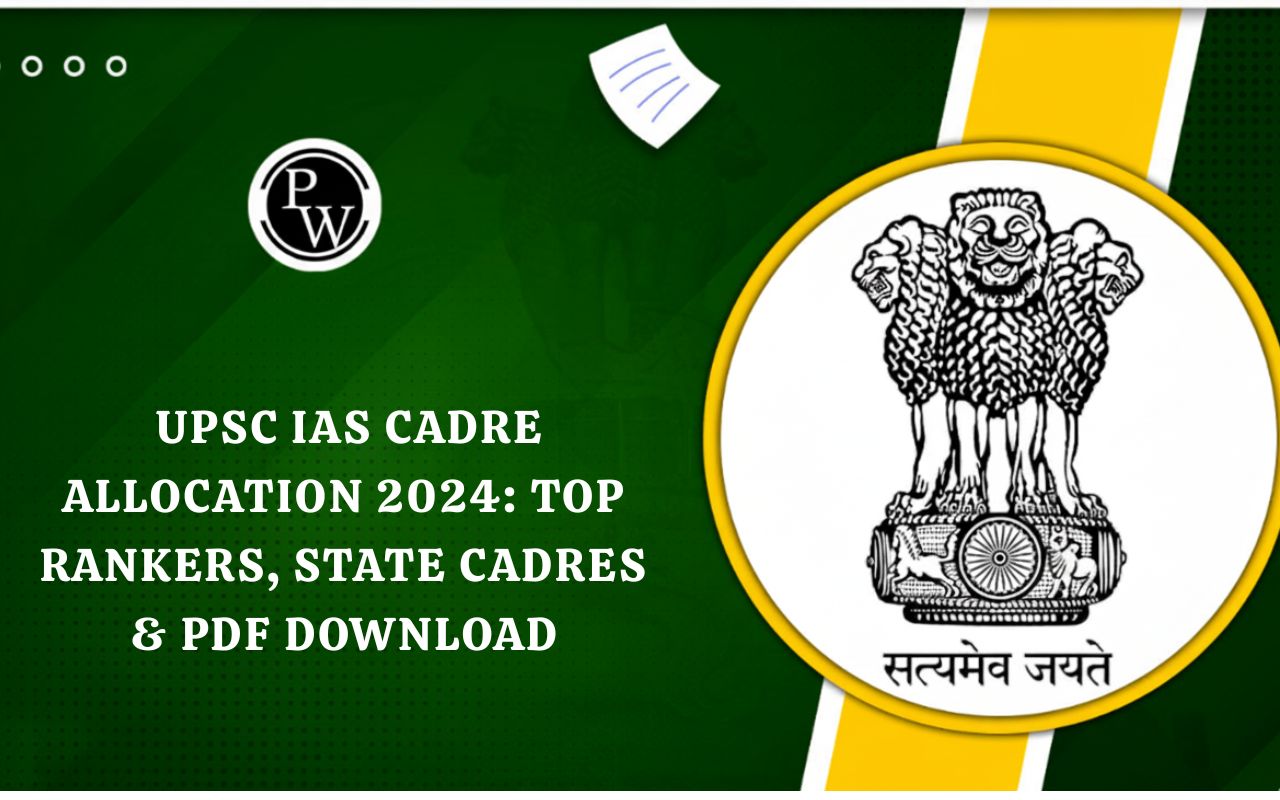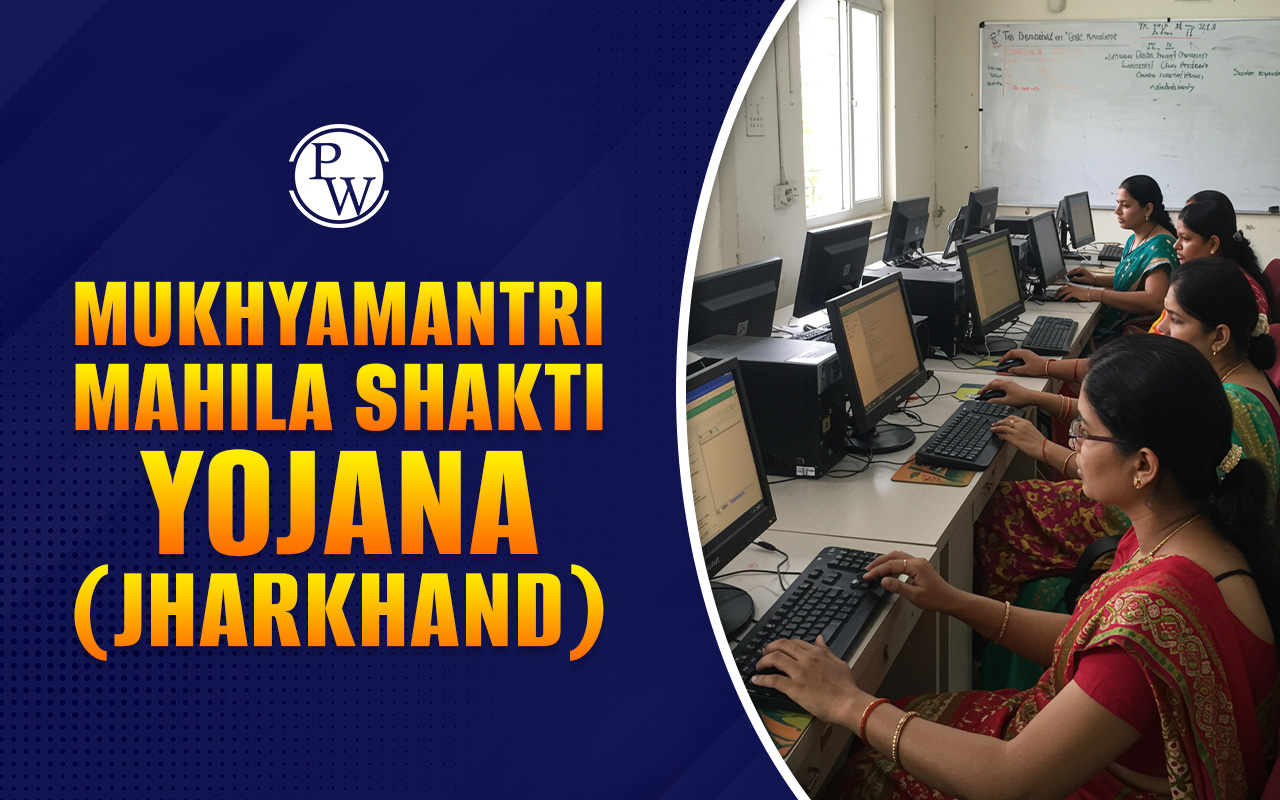
National Panchayati Raj Day 2025 was celebrated on 24th April 2025. It marks the historic day when the 73rd Constitutional Amendment Act came into effect in 1993. This day celebrates the empowerment of grassroots democracy in India. On National Panchayati Raj Day 2025, the Ministry of Panchayati Raj will organize national-level functions to honour the efforts of Panchayati Raj Institutions (PRIs).
National Panchayati Raj Day 2025
Every year, National Panchayati Raj Day is celebrated on April 24th since 2010 to commemorate the Constitution (73rd Amendment) Act, 1992 which came into effect on the same date in 1993. The government uses this day to spread awareness about the importance of local self-government. Here is an overview of the National Panchayati Raj Day 2025:
| National Panchayati Raj Day 2025 Overview | |
| Date | April 24, 2025 |
| Organized By | Ministry of Panchayati Raj |
| Significance | Marks the enactment of the 73rd Constitutional Amendment Act of 1993 |
| History | The first National Panchayati Raj Day was celebrated in 2010. |
| Theme | Yet to be announced |
| Celebrations | Includes award ceremonies, workshops, seminars, and interactions between Panchayat members and national leaders. |
| Awards | National Panchayat Awards |
National Panchayati Raj Day 2025 Theme
Each year, a theme is selected to focus on critical issues. The National Panchayati Raj Day 2025 theme is yet to be announced. The theme for National Panchayati Raj Day 2025 will guide the various programmes and seminars organised across India. It will also serve as a foundation for awareness drives, model panchayat showcases, and campaigns promoting women’s participation in local governance.
Evolution of Panchayati Raj System in India
The idea of local self-government in India is centuries old. The term “Panchayat” comes from the Sanskrit word ‘Panch’, meaning five elders who make decisions for the community. However, the modern Panchayati Raj system began post-independence. Here is how the Panchayati Raj system evolved in India:
| Period | Event/Development |
| Ancient Times | Village councils (Panchayats) were integral to local governance starting from the Vedic period. |
| British Rule | Traditional Panchayati systems were disrupted |
| 1882 | Lord Rippon’s Resolution on local self-government made the first formal attempt to restore local governance |
| 1919 | Montague-Chelmsford reforms introduced limited provincial self-governance |
| Post-Independence (1951-61) | Emphasis on involving rural areas in nation-building via the first two five-year plans. |
| 1957 | Balwant Rai Mehta Committee recommended the establishment of a three-tier system: Gram Panchayat (village level), Panchayat Samiti (block level), and Zila Parishad (district level). |
| 1959 | First Gram Panchayat established in Nagaur, Rajasthan (2 October). Andhra Pradesh followed on October 11, 1959. |
| 1992 | The 73rd Constitutional Amendment Act passed granting constitutional status to Panchayati Raj Institutions (PRIs). |
73rd Constitutional Amendment Act
The 73rd Constitutional Amendment Act was passed in 1992 and came into effect on 24th April 1993. It added Part IX to the Constitution titled “The Panchayats” and gave them legal authority. This is why National Panchayati Raj Day 2025 is celebrated on this date. Here are key features of the 73rd Amendment:
-
Formation of a three-tier system of Panchayati Raj for states with populations over 20 lakhs.
-
The formation of a Gram Sabha consisting of persons registered in the electoral rolls.
-
Regular elections every 5 years.
-
Reservation of one-third of seats for women.
-
Establishment of State Election Commissions and Finance Commissions.
-
Devolution of 29 subjects listed in the Eleventh Schedule to panchayats.
The 73rd Amendment Act transformed Panchayats into institutions of self-governance, directly impacting rural India.
Importance of Panchayati Raj
The Panchayati Raj system empowers rural communities to participate directly in decision-making. It brings governance closer to people and helps address local needs effectively. The system of Panchayati Raj is important because it:
-
Strengthens democratic values by involving citizens in decision-making at the village level.
-
Improves last-mile delivery of government schemes and services, ensuring they reach the intended beneficiaries.
-
Enables need-based local planning and development through a better understanding of regional issues.
-
Promotes active community participation, building a sense of ownership and responsibility among villagers.
-
Enhances transparency and accountability of local bodies, reducing bureaucratic delays and corruption.
By bridging the gap between the government and rural citizens, Panchayati Raj acts as a powerful tool for inclusive development and self-governance.
Role of Panchayati Raj Institutions in Women Empowerment
One of the major outcomes of the 73rd Constitutional Amendment was the enhanced representation of women in Panchayati Raj. The Amendment mandated a minimum of 1/3rd reservation for women in all seats and leadership positions within Panchayats. Several states have voluntarily increased this quota to 50% to further empower women in grassroots governance.
As a result, over 14.54 lakh women (46.20% of the total elected representatives) are currently serving in nearly 2.63 lakh Panchayats across the country. To further promote women’s participation and leadership, the government has launched various initiatives. One such recent initiative is the “Sashakt Panchayat-Netri Abhiyan,” launched in March 2025, which focuses on strengthening capacity-building interventions.
National Panchayat Awards 2025
Every year, the Ministry of Panchayati Raj gives awards to the best-performing Panchayats. These are known as the National Panchayat Awards. On National Panchayati Raj Day 2025, these awards will recognise innovative, inclusive, and impactful work done by Gram Panchayats, Block Panchayats, and Zila Parishads.
The revamped National Panchayat Awards 2025 categories include:
-
Deen Dayal Upadhyay Panchayat Satat Vikas Puraskar (for individual theme-wise performance) and
-
Nanaji Deshmukh Sarvottam Panchayat Satat Vikas Puraskar (for aggregate performance under all the themes).
These awards serve two purposes. First, they motivate Panchayats to deliver better services. Second, they highlight best practices that other regions can adopt. Some other special categories include Gram Urja Swaraj Vishesh Panchayat Puraskar, Carbon Neutral Vishesh Panchayat Puraskar, Nanaji Deshmukh Sarvottam Panchayat Satat Vikas Puraskar, etc.
In conclusion, National Panchayati Raj Day 2025 celebrates local democracy, inclusive development, and rural empowerment. It is not just a day of ceremony but a day of reflection on the success and challenges of Panchayati Raj Institutions.
Explore PW UPSC Courses to understand this topic in-depth and enhance your GS preparation!
| UPSC Related Articles | ||
| UPSC Prelims Previous Year Questions Paper | NCERT for UPSC Exam 2025 | UPSC Admit Card |
| UPSC Exam Pattern | UPSC Prelims Syllabus | UPSC Result |
National Panchayati Raj Day 2025 FAQs
What is National Panchayati Raj Day?
When was Panchayati Raj introduced in India?
Panchayati Raj started in which year?
When is National Panchayati Raj Day 2025 celebrated?
What is the theme of National Panchayati Raj Day 2025?










